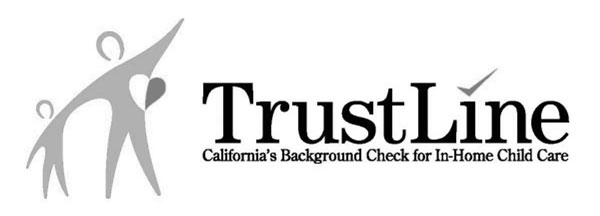If you have hired a household employee this year, you are officially an employer. With that, you are required to follow certain guidelines regarding how you pay your employee. It’s okay if you’re not a tax expert, either. Here, we’ll help break down some of the basics you’ll need to know when it comes to your employee’s taxes.
#1: Understand what makes a household employee.
Many people that hire an in-home employee assume that this person is an independent contractor. This is not true. A household worker is an employee if you designate what type of work is completed and how it is done. Whether it is on a full time or part time basis, if the employee comes to your house to perform a service on a scheduled time while you dictate what needs to be done, they are an employee. If you pay them more than $2,300 that year, they are your employee and proper taxes need to be withheld.
#2: Know what taxes you need to pay.
Whether you hired a personal assistant, a housekeeper, nanny, or someone else, you are required to withhold and pay specific taxes. You’ll need to withhold social security, Medicare, federal, and state income taxes from your employee’s check. In addition, as the employer, you will need to pay social security and Medicare taxes, as well as state and federal unemployment insurance.
#3: Calculate properly and remember important dates.
Accurately tracking and calculating your employee’s gross pay, with taxes withheld each pay period is important. Then, know when you need to file tax returns. Filing tax returns is typically done on a quarterly basis. Once the end of the year rolls around, you’ll need to provide your household employee with a W-2 form by the end of January, so they can file their own tax return. You’ll also need to prepare a Schedule H and file it for federal income tax returns, in addition to the Form W-3 and a Form W-2 Copy A. This lets the Social Security Administration know that all FICA taxes have been properly withheld during the year.
Paying your employee under the table is not only illegal, but it also could cost you. If discovered, you could be subject to hefty fines, penalties, and/or an audit, in addition to having to pay for backed taxes.







